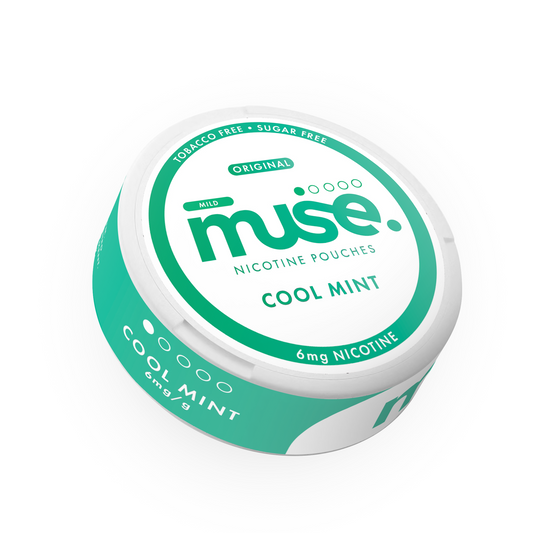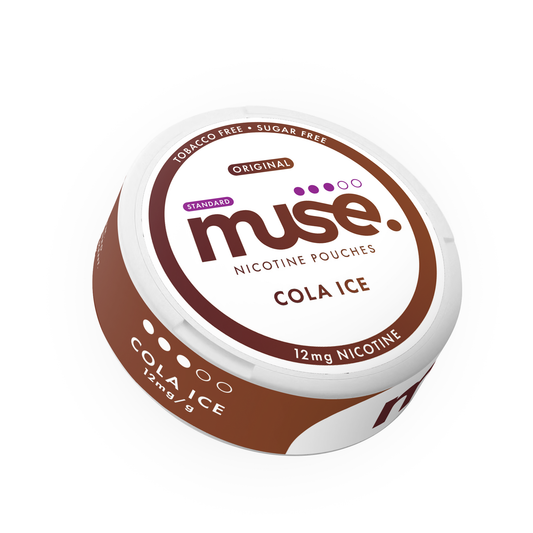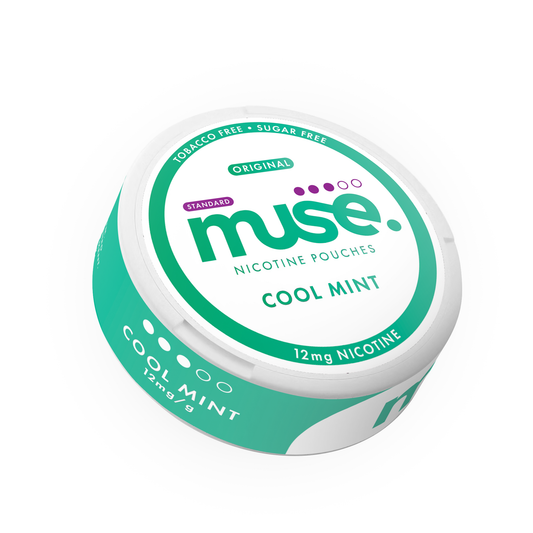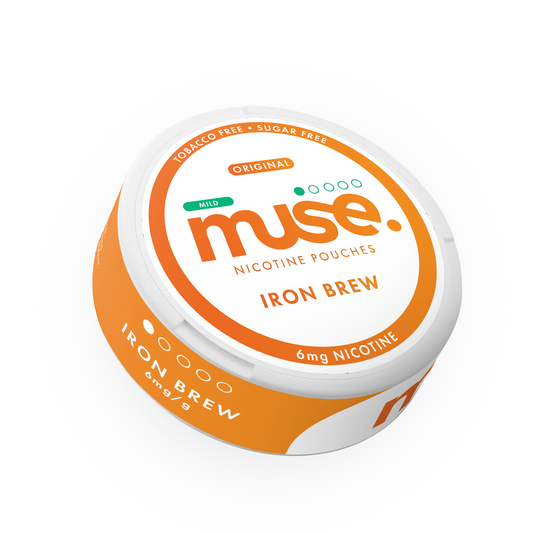In today's fast-paced world, staying alert and focused is more important than ever. Whether you're powering through a late-night study session, tackling a demanding work project, or simply trying to maintain energy levels throughout the day, caffeine is a go-to solution for many. Traditional methods like coffee and energy drinks have been popular choices, but a newer alternative has emerged: caffeine pouches.
These small, discreet pouches offer a convenient way to consume caffeine without the need for brewing or drinking. However, as with any stimulant, it's essential to understand how caffeine affects your body, especially concerning sleep. In this blog, we'll delve into the relationship between caffeine pouches and sleep, providing insights to help you make informed decisions about their use.
Understanding Caffeine and Its Impact on Sleep
Caffeine is a central nervous system stimulant that can enhance alertness and reduce fatigue. It works by blocking adenosine receptors in the brain, which are responsible for promoting sleepiness. While this mechanism is beneficial during waking hours, it can interfere with sleep if consumed too close to bedtime.
The half-life of caffeine—the time it takes for your body to eliminate half of the consumed amount—varies among individuals but generally ranges from 3 to 5 hours. This means that consuming caffeine in the late afternoon or evening can lead to elevated caffeine levels in the body during sleep, potentially causing difficulties in falling asleep and staying asleep.
Caffeine Pouches: A Convenient Energy Boost
Caffeine pouches are small, tobacco-free sachets that deliver caffeine through the mucous membranes in the mouth. They are designed for discreet use and can be consumed without the need for water or preparation. The caffeine is absorbed directly into the bloodstream, providing a quick energy boost.
These pouches are available in various strengths, allowing users to choose the amount of caffeine that suits their needs. For instance, products like Muse Pouches offer options ranging from 70mg to 200mg of caffeine per pouch, catering to different tolerance levels and preferences.
The Relationship Between Caffeine Pouches and Sleep
While caffeine pouches offer a convenient way to stay alert, their impact on sleep should not be overlooked. The rapid absorption of caffeine through the oral mucosa can lead to a quick onset of effects, but these effects can also linger, potentially disrupting sleep patterns.
It's important to consider the timing of caffeine consumption. Using caffeine pouches late in the day can result in elevated caffeine levels during the night, leading to difficulties in falling asleep or experiencing restful sleep. To minimize the impact on sleep, it's advisable to use caffeine pouches earlier in the day and avoid consumption within six hours of bedtime.
Factors Influencing Caffeine's Impact on Sleep
Several factors can influence how caffeine affects your sleep:
- Individual Sensitivity: Some individuals are more sensitive to caffeine and may experience sleep disturbances even with small amounts.
- Caffeine Tolerance: Regular caffeine consumers may develop a tolerance, reducing its impact on sleep. However, tolerance levels vary among individuals.
- Metabolism Rate: The speed at which your body metabolizes caffeine can affect how long it stays in your system.
- Sleep Hygiene: Other factors, such as sleep environment and habits, play a significant role in sleep quality.
Understanding these factors can help you manage caffeine consumption to minimize its impact on sleep.
Best Practices for Using Caffeine Pouches
To enjoy the benefits of caffeine pouches without compromising sleep quality, consider the following best practices:
- Use Earlier in the Day: Consume caffeine pouches in the morning or early afternoon to allow your body ample time to metabolize the caffeine before bedtime.
- Monitor Dosage: Be mindful of the caffeine content in each pouch. Start with a lower dose to assess your tolerance and avoid excessive intake.
- Avoid Combining with Other Caffeine Sources: If you're using caffeine pouches, be cautious about consuming other sources of caffeine, such as coffee or energy drinks, to prevent excessive intake.
- Stay Hydrated: Caffeine can have a diuretic effect, leading to increased urination. Ensure you're drinking enough water throughout the day.
- Listen to Your Body: Pay attention to how your body responds to caffeine. If you notice any adverse effects, consider adjusting your consumption habits.
Caffeine pouches offer a convenient and effective way to boost energy levels and stay alert. However, it's crucial to be mindful of their impact on sleep. By understanding how caffeine affects your body and following best practices for consumption, you can enjoy the benefits of caffeine pouches without compromising your sleep quality.
For more information on caffeine pouches and their benefits, check out our articles on The Sustainability of Caffeine Pouches: What to Look For and Why the Strongest Caffeine Pouches Are Transforming Performance in the UK.








